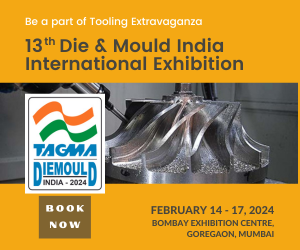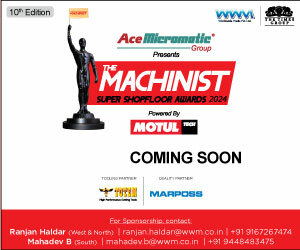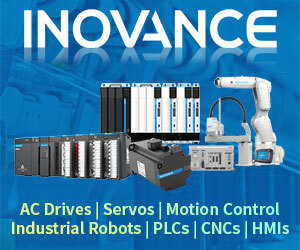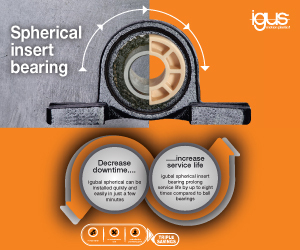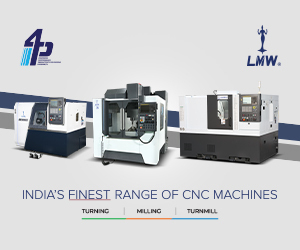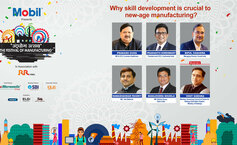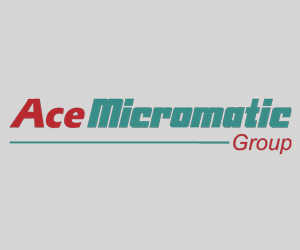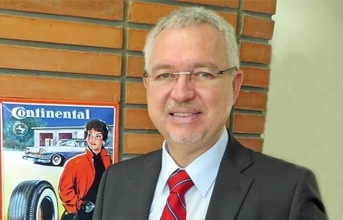
From an organisational standpoint, he tries to give the best possible guidance, like developing a clear vision and strategy with a roadmap for short, mid and long term strategy with strong involvement of the organisation.
"It is not enough to have an eye on the current challenges only. Managers must always keep a tab on the future and prepare themselves and the organisation for it," he believes.
From a people perspective, employees are, in Friedrich's opinion, the most valuable stakeholder of a company and therefore the main contributors to the success of an organisation. For the same reason, empowerment of people must always remain the main focus of attention.
"Having a comfortable environment and powerful values in place will lead to the formation of a robust company culture. The company culture will influence employee motivation and success will inspire and encourage them even more. Nevertheless, in the end, I always try to be original in everything I do."
Continental recently expanded its Research and Development Footprint in Bangalore. How will the manufacturing plant leverage on this? "In 2014, we invested approximately €1.8 billion in research and development in our three automotive divisions.
With a total headcount of 1,000 engineers and an investment of 12.4 million Euros in a new facility, Continental's Technical Center India (TCI) aims to meet the increasing demand for engineering and software development skills to support global innovation projects as well as local customers."
TCI is poised to be a key contributor to the development of innovative technologies that react quickly and reliably in difficult traffic situations - ADAS and two-wheeler ABS for example.
With eight state of the art labs housed in TCI's new facility, it has scaled up in the past five years to move up the value chain providing software development and engineering, IT infrastructure development support, specific product development support consisting of hardware, software and mechanics, and innovation projects with support from the corporate R&D segment.
"Adding value with its understanding of the local market and customers, TCI is fast emerging as a ‘Center of Competence' for two-wheeler markets and for customised products for the BRIC countries, many of which will be manufactured in our locations across India. Obviously, the plant will benefit from the production of these products," Friedrich believes.
END













